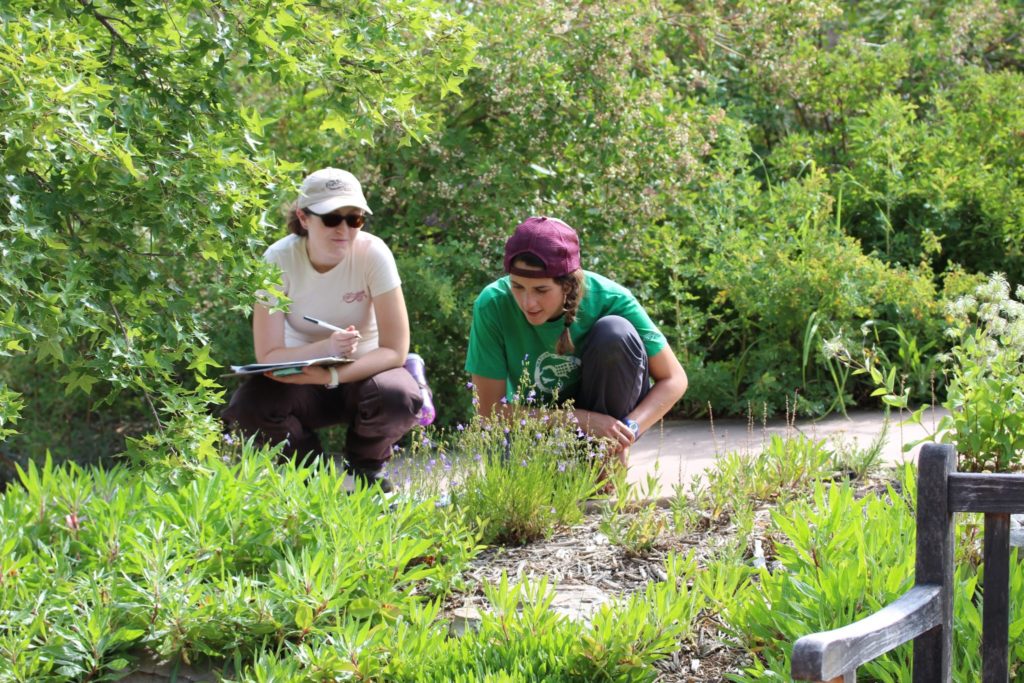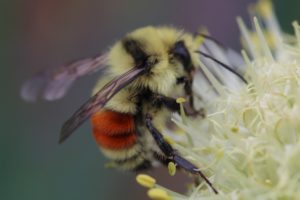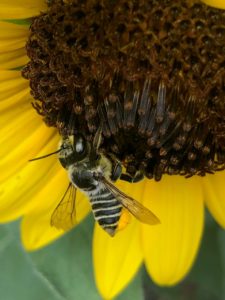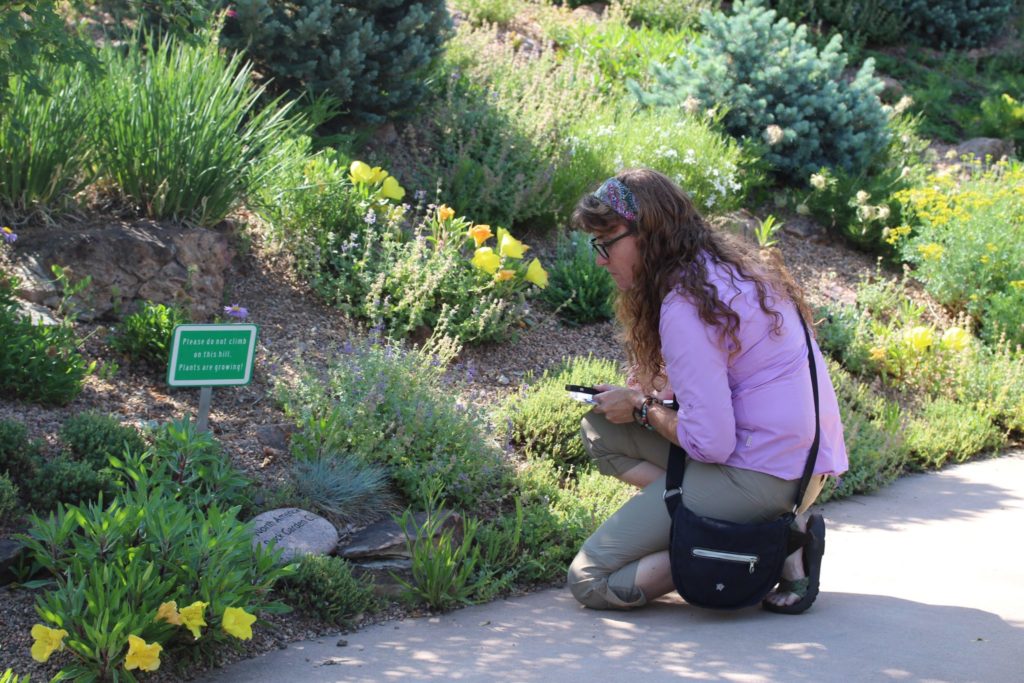
More than one-quarter (28%) of North American bumble bees are facing some degree of extinction risk. This population decline is due to threats including habitat loss, use of pesticides, disease, and climate change.

The bumble bee is just one of the many species of bees in decline around the country. The decline represents a pressing problem not only for scientists and bee enthusiasts, but for the human race as a whole.
Humans are dependent on bees and pollinators for survival
Bees and other pollinators are responsible for pollinating approximately one-third of the human diet, including some of the most nutritious fruits, vegetables, and nuts. The Squash Bee, native to Colorado, pollinates common garden squash including pumpkin, zucchini, and butternut squash. The meat and dairy industries are also dependent on pollinators as bees pollinate clover and alfalfa, primary food sources for cattle.
Pollinators in Colorado are a vital part of our ecosystem

There are more than 900 native bee species in Colorado. These diverse bees pollinate the native plants and flowers that make our state a beautiful place to live as well as many of the crops that serve as food sources for our communities. Bees and other pollinators, in Colorado and worldwide, facilitate plant reproduction in over 75% of ecosystems. Without pollinators, reproduction would become almost impossible for some plant species.
Native Bee Watch: Engaging Coloradans in research and education to support pollinator conservation
The decline in native bee populations and resulting impact on our food sources is a well-known problem, but the extent of the issue is still not fully understood by scientists. In an effort to better understand bee diversity and abundance in Colorado, Colorado State University Extension organizes the Native Bee Watch Program, a community science biodiversity monitoring project. The Native Bee Watch program trains and engages volunteers in Colorado to identify and monitor bees visiting flowers at home and public gardens.
Get involved: Monitor bees in your backyard
Conservation is not limited to scientists and university researchers. By volunteering with Native Bee Watch, anyone can become a bee conservationist. Volunteers monitor local pollinator populations, learn about bee biology and identification, and become stewards for pollinators and the environment. No prior experience is required to participate and anyone can volunteer statewide. Volunteers must attend a live or recorded virtual training session and submit data twice a month or more from June through August.
Volunteer participation directly impacts educational and awareness efforts related to bees, ecological research, conservation, and social science research about adult learner participation in community science programs.

Be part of a nationwide effort to count and conserve native bees
The long-term data provided by the Native Bee Watch program is part of a nationwide effort to monitor and conserve native bees. In an effort to better understand the impact of human activity on native bee populations and conserve the nation’s bee fauna, the US National Native Bee Monitoring Research Coordination Network launched in 2020. The network, supported by the US Department of Agriculture, is gaining traction nationwide as bee population decline continues to garner national attention.
Upcoming Native Bee Watch Volunteer Training Dates & Information
- Register for upcoming live trainings:
- May 19th from 2-4 pm
- May 20th from 6-8 pm
- If you cannot attend a live training, you can still register and receive the recorded trainings and materials to participate.
- Sign up to receive updates about the program and future opportunities to get involved.
- Learn more about the program at org.
- Check out the Native Bee Watch Field Guide to learn more about the native bees you might see in your backyard.
Did you know? CSU is Bee Campus USA Certified.
On April 24, 2018, the President’s Sustainability Commission recognized the Pollinator Friendly Campus Committee for its outstanding sustainability leadership that resulted in CSU becoming the first certified Bee Campus USA institution in Colorado. The Bee Campus USA designation is part of a larger campus-wide initiative to transform the CSU campus into a learning laboratory for the campus community and visitors.
All photos courtesy of Lisa Mason.